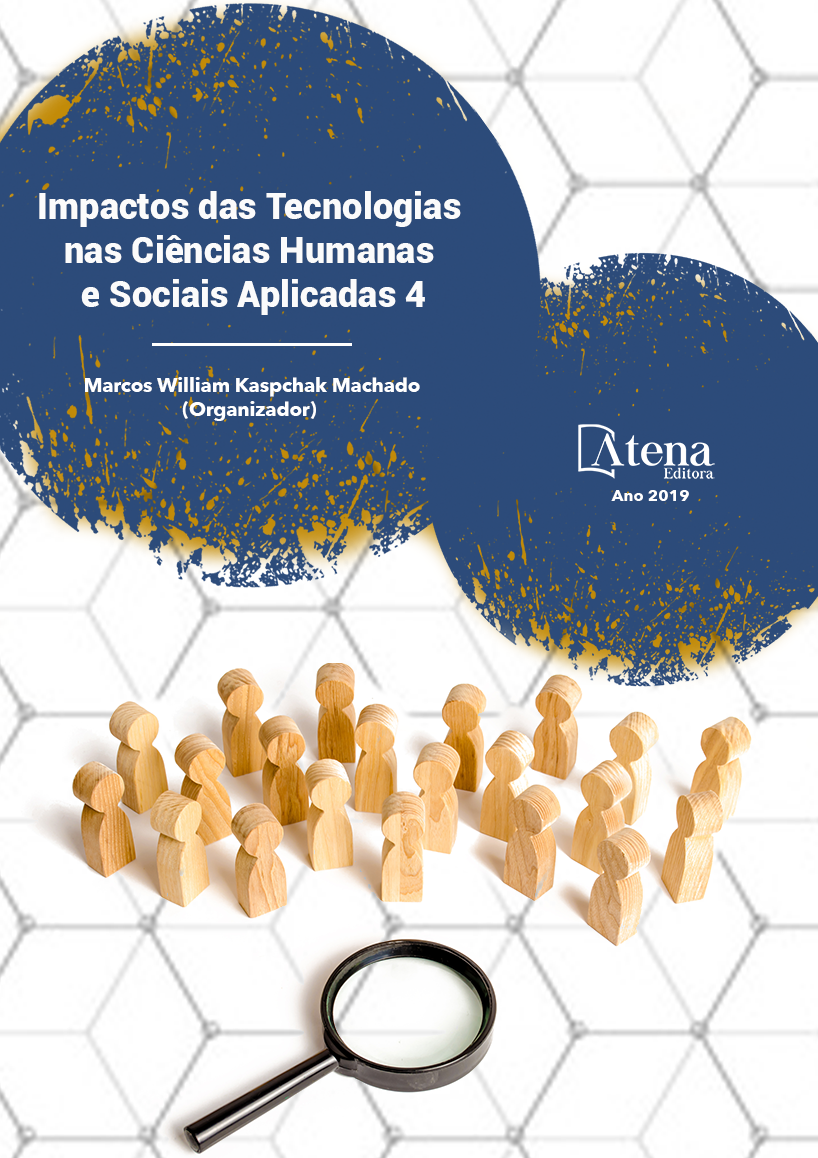
QUÍMICA AMBIENTAL NO CONTEXTO DA EDUCAÇÃO DO CAMPO: TRATANDO ÁGUA NOS TERRITÓRIOS SERTÃO PRODUTIVO BAIANO E VELHO CHICO COM SEMENTES DE MORINGA OLEÍFERA LAM
Esse trabalho visa possibilitar
ações comunitárias entre as práticas presentes
no meio rural e o conhecimento químico na
busca de um equilíbrio entre Química e Meio
Ambiente. Trata-se não somente de levar a
química para o meio rural, mas sim aplicá-la,
utilizando o conhecimento popular e científico
através do uso das sementes de moringa
(Moringa Oleífera Lam) no tratamento de
água, nas comunidades do sertão produtivo,
tendo em vista que a região sofre com longos
períodos de estiagem e as comunidades
rurais utilizam água de má qualidade para
consumo. Para tanto, este trabalho apresenta
uma pesquisa ação de cunho qualitativo, não
obstante, em alguns momentos, sejam trazidas
informações quantitativas para avaliação
das atividades realizadas no transcorrer da
aplicabilidade do mesmo. A pesquisa ação vai
muito além de um simples levantamento de
dados ou intervenções na prática pois agrega
discussões e explicações, possibilitando gerar
um conhecimento descritivo e mais crítico
acerca das situações vivenciadas nos espaços
organizacionais e sociais. Visto que a Educação
Ambiental tal como a Educação do Campo deve
visar à emancipação, por meio da consolidação
de padrões de sociedade compatíveis com a
justiça ambiental pensada e realizada de modo
unitário com a justiça social. A práxis educativa
emancipatória é, portanto, aquela que fornece
ao processo educativo as condições para a
ação modificadora e simultânea dos indivíduos
e dos grupos sociais; que trabalha a partir da
realidade cotidiana.
QUÍMICA AMBIENTAL NO CONTEXTO DA EDUCAÇÃO DO CAMPO: TRATANDO ÁGUA NOS TERRITÓRIOS SERTÃO PRODUTIVO BAIANO E VELHO CHICO COM SEMENTES DE MORINGA OLEÍFERA LAM
-
DOI: 10.22533/at.ed.64019110320
-
Palavras-chave: Educação do Campo, Educação Ambiental, Tratamento de Água
-
Keywords: Field Education, Environmental Education, Water Treatment
-
Abstract:
This work aims to enable
community actions between the practices
present in the rural environment, and the
chemical knowledge, in the search for a balance
between chemistry and the environment. It is
not only a question of taking chemistry to the
countryside, but also applying it. This can be done by using popular, and scientific
knowledge through the use of the seeds of moringa (Moringa Oleífera Lam) in the
treatment of water in the communities of productive hinterland. As the region suffers
from long periods of drought, rural communities use tainted water for consumption.
As a result, this work presents a qualitative research action. Nevertheless, in some
moments, quantitative information is brought to evaluate the activities carried out in
the course of the application. Action research goes far beyond a simple survey of data,
or interventions in practice because it adds discussions and explanations, making it
possible to generate a descriptive, and more critical knowledge about the situations
experienced in the organizational and social spaces. Environmental Education, such
as field education, must aim at emancipating by consolidating the standards of a society
compatible with environmental justice. This thought must be carried out in a unitary
way with social justice. The emancipatory educational praxis is, therefore, that which
provides the educational process with the conditions for the modifying and simultaneous
action of individuals, and societal groups, which works from everyday reality.
-
Número de páginas: 15
- Marizângela Ribeiro dos Santos
- Rodrigo Neves Araújo
- Émille Karoline Santiago Cruz
- Joás Ferreira de Souza
- RODRIGO NEVES ARAUJO


